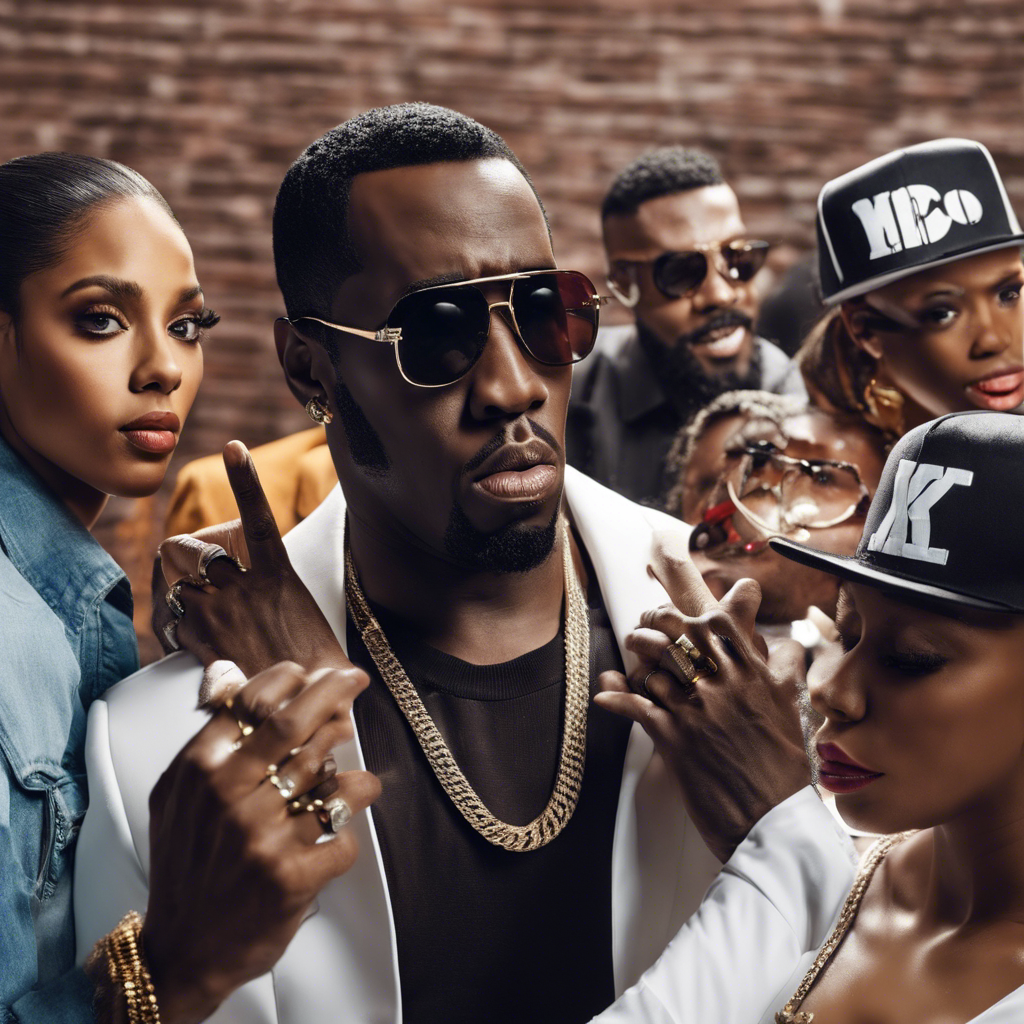Diddy, Hip-Hop, and #MeToo: A Crucial Turning Point or a Blip in the Music Industry?

The recent allegations against Sean “Diddy” Combs raise questions about the music industry’s handling of abuse and the impact of the #MeToo movement.
Last month, a civil lawsuit was filed against rap mogul Sean “Diddy” Combs by his ex-girlfriend and former protégé Cassie Ventura. Ventura alleged years of emotional and physical abuse during their relationship, shedding light on a darker side of the music industry. While Diddy denied the allegations and settled the suit quickly, the incident has sparked a wider conversation about the treatment of women in hip-hop and the potential for a long-awaited reckoning within the industry. This article delves into the implications of these allegations and explores whether this is a crucial turning point or merely a blip in the routine of business as usual.
1: The Power Dynamics in the Music Industry
The music industry has long been criticized for its power imbalances and the exploitation of artists, particularly women. The allegations against Diddy highlight the pervasive nature of these issues. Many argue that the industry’s hierarchical structure and the influence of powerful figures enable such abuses to go unchecked. The #MeToo movement has played a crucial role in shedding light on these power dynamics and creating a space for victims to come forward.
2: Hip-Hop’s Troubled Relationship with Women
Hip-hop has often been criticized for its misogynistic lyrics and objectification of women. While the genre has produced powerful female artists, the industry’s treatment of women has been a longstanding concern. The allegations against Diddy serve as a reminder of the toxic masculinity that still permeates the hip-hop culture. It raises questions about whether the industry will address these issues head-on or continue to perpetuate harmful stereotypes.
3: The Impact of #MeToo on the Music Industry
The #MeToo movement has brought about a seismic shift in various industries, holding powerful figures accountable for their actions. However, the music industry has been slower to respond. The allegations against Diddy have reignited the conversation about the need for change within the industry. It remains to be seen whether this will be a catalyst for a broader reckoning or if it will fade away as just another scandal.
4: The Role of Accountability and Redemption
The way the music industry handles allegations of abuse is crucial in determining whether this moment will be a turning point or a blip. Holding individuals accountable for their actions, regardless of their status, is essential. It is also important to create avenues for redemption and growth. The response to the allegations against Diddy will set a precedent for how the industry deals with similar cases in the future.
5: The Need for Systemic Change
While addressing individual cases is important, true change requires a systemic overhaul. The music industry needs to prioritize the safety and well-being of its artists, particularly women. This includes implementing stricter policies against abuse, providing support systems for victims, and promoting inclusivity and diversity. Only by addressing the root causes of these issues can the industry move towards a more equitable and respectful environment.
Conclusion:
The allegations against Diddy have brought to the forefront the long-standing issues of abuse and misogyny within the music industry. While it remains to be seen whether this will be a crucial turning point or a mere blip in the routine of business as usual, the incident has sparked a much-needed conversation. The industry must seize this moment to address its systemic problems, hold individuals accountable, and work towards creating a safer and more inclusive space for all artists. Only then can the music industry truly evolve and move forward.

